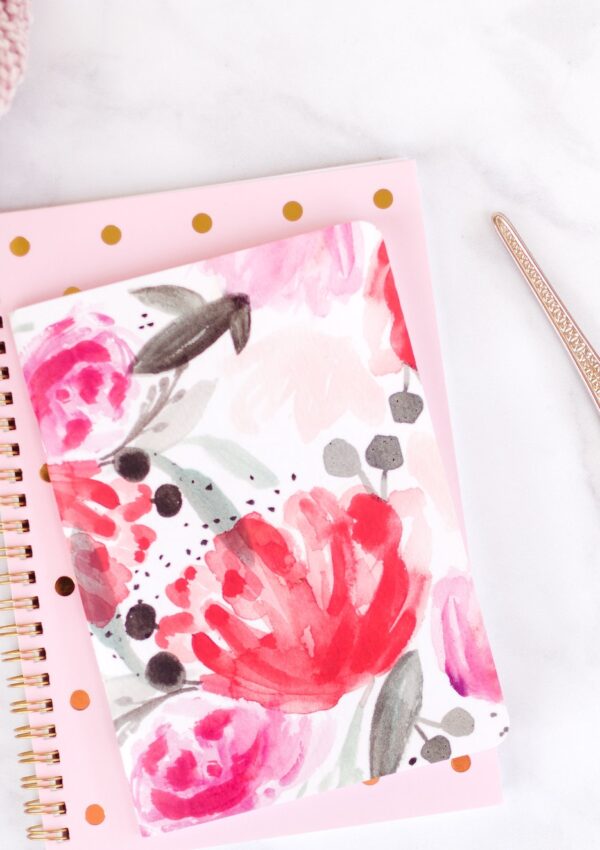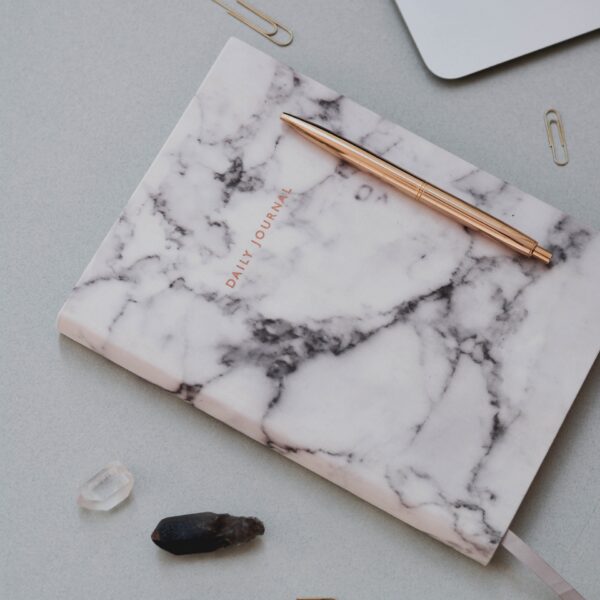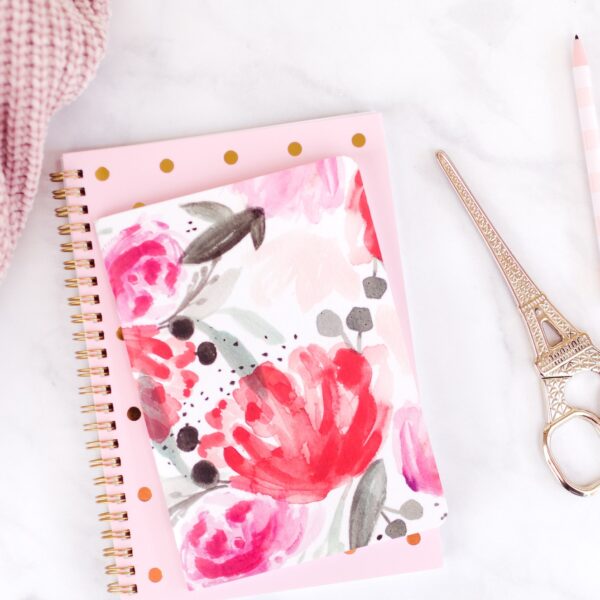Discover the secrets to building, maintaining, and enhancing a happy relationship. Improve your communication, trust, respect & more.

are among the keys to a lasting, blissful relationship.
Commitment to making it work, spending quality time together
and having a mutual understanding, these all help create an
environment for a healthy, nurturing connection.
The Importance of a Happy Relationship
Have you ever wondered what makes a relationship happy? A happy relationship is one where both partners feel satisfied, fulfilled, and content with each other.
It’s an environment where love, respect, and trust are freely given and received. It’s important to know that a happy relationship is not the absence of conflict or challenges.
Instead, it’s the ability to work through those conflicts in a healthy way and come out stronger on the other side. A happy relationship gives you a sense of security and comfort that allows you to grow as individuals while still being supported by your partner.
A happy relationship can also positively impact your mental health and overall wellbeing. Studies have shown that people in happy relationships tend to experience less stress and anxiety than those who are single or in unhappy relationships.
When we feel loved and supported, our brains release hormones like oxytocin which can help reduce stress levels. So not only does being in a happy relationship feel good emotionally, but it can also have physical benefits as well.
Defining a Happy Relationship
So what exactly is a “happy” relationship? At its core, a happy relationship is one where both partners feel valued, respected, and loved by each other. It involves open communication where both parties are able to express their feelings without fear of judgment or rejection.
A happy relationship doesn’t mean that everything always goes smoothly or that there aren’t any disagreements or challenges along the way. What sets it apart from an unhappy one is how those issues are handled when they arise – with understanding, compromise, and mutual respect.
In fact, going through tough times together can actually strengthen a relationship if both partners are committed to working through them together. A strong foundation built on trust and communication helps couples weather any storm that comes their way.
Why You Should Strive for Happiness in Your Relationship
The benefits of a happy relationship are clear – a sense of security, improved mental health, and a partner who supports and encourages you to be your best self. But beyond these benefits, striving for happiness in your relationship can also have a positive impact on other areas of your life. When we feel loved and fulfilled in our personal lives, it can spill over into our professional lives as well.
We’re more likely to feel motivated and productive when we feel supported at home. Additionally, being in a happy relationship can improve our social lives too- couples who are individually happy tend to have healthier friendships with others.
Ultimately, striving for happiness in your relationship is about creating the life that you want for yourself. When you’re surrounded by love and positivity, it becomes easier to see the good in everything else around you.
Building Blocks of a Happy Relationship
Communication: talking and listening to each other
A happy relationship is built on good communication. It’s important to talk openly and honestly with your partner about your feelings, thoughts, and concerns.
However, it’s just as important to listen actively when your partner speaks. This means setting aside distractions like phones or the TV and giving your full attention.
Repeat back what you’ve heard to show that you understand what they are saying. Good communication also involves being respectful in the way you speak to each other.
Avoid using hurtful language or attacking each other personally during disagreements. Instead, focus on expressing how you feel about the situation without making assumptions about your partner’s intentions or character.
Trust: being honest and reliable with each other
Trust is another crucial building block of a happy relationship. Being honest with each other is essential for building trust.
This means telling the truth even when it’s difficult, being accountable for mistakes, and keeping promises made to each other. Reliability is also an important part of trust-building in a relationship.
This means following through on commitments and being consistent in behavior over time so that your partner knows they can count on you. When trust is strong in a relationship, couples feel secure and able to rely on one another in good times and bad.
Respect: valuing each other’s opinions and boundaries
Respect is all about valuing your partner as an individual with their own unique thoughts, feelings, beliefs, interests, etc. It involves taking their opinions seriously even if they differ from yours because everyone has the right to their own perspective. It also includes honoring boundaries set by your partner regarding things like personal space or privacy because doing so shows that you respect their needs as an individual. By practicing respect towards one another regularly, couples can create a strong foundation of mutual admiration and understanding that contributes to a happy relationship.
Maintaining a Happy Relationship
Quality Time: Spending Time Together Doing Things You Both Enjoy
One of the most important ways to maintain a happy relationship is by spending quality time together. Whether it’s going out on a date, taking a walk in the park, or just lounging around at home, spending time together doing things you both enjoy can help keep the spark alive. It’s essential to make an effort to carve out time in your busy schedule for each other.
This means putting away distractions like phones, laptops, and work-related stress. Instead, try engaging in activities that allow for meaningful conversation and laughter.
Remember that quality time doesn’t have to be something extravagant or expensive – sometimes it’s the simple things that matter most. Cooking dinner together, watching your favorite show on Netflix, or taking a weekend trip somewhere nearby are all great ways to spend quality time with your partner.
Compromise: Finding Common Ground When Disagreements Arise
In any relationship, disagreements are bound to happen from time to time. However, it’s essential to handle these situations with care and respect for each other’s feelings. One of the best ways to manage conflict is by finding common ground through compromise.
Compromise means giving up something you want for something your partner wants and finding solutions that work for both of you. It requires active listening and open communication so that both parties can express their thoughts and feelings honestly.
Remember that compromise doesn’t mean sacrificing your own needs or values entirely – it means finding a solution where everyone feels heard and respected. Compromise can help build trust and strengthen your bond as partners.
Appreciation: Showing Gratitude For Each Other’s Efforts
In any happy relationship, showing appreciation for each other is key. It’s essential not only to notice when your partner does something thoughtful or kind but to express your gratitude for it as well. Appreciation can come in many forms – saying thank you, giving compliments, or even just a simple hug.
These small gestures can help create positive feelings and reinforce the connection between you and your partner. Remember that appreciation isn’t just about recognizing the big things – it’s also about appreciating the little things that add up over time.
Whether it’s taking out the trash, making dinner, or running errands, always take the time to show gratitude for your partner’s efforts. This will help build a strong foundation for a happy relationship.
Common Challenges in a Happy Relationship
Conflict Resolution: Dealing with Disagreements in a Healthy Way
Conflict is an inevitable part of any relationship, but it doesn’t have to be a negative experience. In fact, healthy conflict resolution can actually strengthen your relationship by helping you both understand each other’s perspectives and find solutions that work for both of you. The key is to approach disagreements with empathy, open-mindedness, and a willingness to compromise.
One effective way to resolve conflicts is to use the “I” statement method. This involves expressing how you feel using “I” statements (e.g., “I feel hurt when you do X”) instead of blaming or accusing your partner.
It also involves actively listening and trying to understand your partner’s perspective without interrupting or getting defensive. By using this method, you can work together to find a solution that addresses both of your needs.
Jealousy and Insecurity: Addressing Underlying Issues That Cause These Emotions
Jealousy and insecurity can be toxic emotions that damage relationships if left unchecked. While it’s natural to feel these emotions occasionally, chronic jealousy or insecurity often stems from deeper issues such as trust issues, low self-esteem, or past traumas.
To address these underlying issues, it’s important to communicate openly and honestly with your partner about how you’re feeling. This may involve seeking professional help from a therapist or counselor who can help you identify the root causes of these emotions and develop strategies for coping with them.
It’s also important to practice self-care and self-love by engaging in activities that make you happy and building up your own sense of confidence and self-worth. By working on yourself individually, you can create a stronger foundation for your relationship as well.
Boredom and Routine: Finding Ways to Keep the Relationship Fresh and Exciting
As comfortable as routine and familiarity can be, they can also lead to boredom and complacency in a relationship. To keep your relationship fresh and exciting, it’s important to prioritize quality time together and make an effort to try new things. This may involve planning date nights or weekend getaways, trying out new hobbies or activities together, or simply taking time to connect and have meaningful conversations on a regular basis.
It’s also important to show appreciation for each other and continually work on strengthening your emotional connection. By being intentional about keeping your relationship fresh and exciting, you can avoid falling into the trap of routine and maintain a strong, happy bond with your partner.

Small Details that Make a Big Difference in a Happy Relationship
Random Acts of Kindness: Surprising Your Partner with Small Gestures of Love
Sometimes, it’s the little things that make the biggest impact. In a happy relationship, small gestures of love and kindness can go a long way.
Whether it’s bringing home their favorite snack as a surprise or leaving them a love note on the bathroom mirror, these random acts of kindness show your partner how much you care about them. One easy way to incorporate more random acts of kindness into your relationship is to take note of the things your partner likes.
Maybe they always forget to pick up their favorite coffee creamer at the store, so surprise them by getting it for them next time. Or perhaps they’ve been talking about trying a new restaurant in town – make reservations and plan a date night for the two of you.
The key to these gestures is making sure they come from a genuine place. Don’t do something nice just because you feel obligated – do it because you truly want to make your partner happy.
Physical Touch: Showing Affection through Hugs, Kisses, or Holding Hands
Physical touch is an important aspect of any happy relationship. It can be as simple as holding hands while walking down the street or cuddling on the couch while watching TV together.
These physical displays of affection help build intimacy and connection between partners. It’s also important to remember that physical touch doesn’t have to be sexual in nature.
Sometimes, all your partner needs is a hug after a long day at work or holding hands during an emotional conversation. These small gestures can provide comfort and security in the relationship.
Of course, every person has different levels of comfort when it comes to physical touch. It’s important to communicate with your partner and respect their boundaries when it comes to touching.
Active Listening: Truly Paying Attention to What Your Partner is Saying
Communication is key in any happy relationship, but it’s not just about talking – it’s also about actively listening. Active listening means giving your partner your full attention and making an effort to understand their perspective. One way to practice active listening is by asking questions.
If your partner is telling you about a difficult day they had at work, ask them how they’re feeling or if there’s anything you can do to help. This shows that you’re not just hearing them – you’re actively engaged in the conversation.
It’s also important to avoid distractions when communicating with your partner. Put down your phone or turn off the TV so that you can give them your full attention.
By practicing active listening, you show your partner that their thoughts and feelings are important to you. This builds trust and deepens the emotional connection in the relationship.
Conclusion
Building and maintaining a happy relationship requires effort, patience, and a willingness to grow together. It’s important to communicate openly and honestly with your partner, trust each other, and respect each other’s boundaries.
Quality time spent doing things you both enjoy can keep the relationship fresh and exciting. Compromise is also essential when disagreements arise.
Challenges will arise in any relationship, but conflict resolution skills can help overcome them. Addressing underlying issues that cause jealousy or insecurity is important for building trust.
Finding ways to keep the relationship from becoming routine or boring can also help maintain happiness. The small details matter too – showing affection through physical touch or random acts of kindness can enhance the bond between partners.
Actively listening to each other’s concerns can also lead to better understanding and a deeper connection. In essence, building a happy relationship takes work but it is well worth it in the end.
When you have someone who loves you unconditionally and supports you through thick and thin, life becomes much more enjoyable. So be patient with one another, continue to grow together as partners, and never take your love for granted!
To be the first to know about articles like this sign up for our Newsletter












Leave a Reply